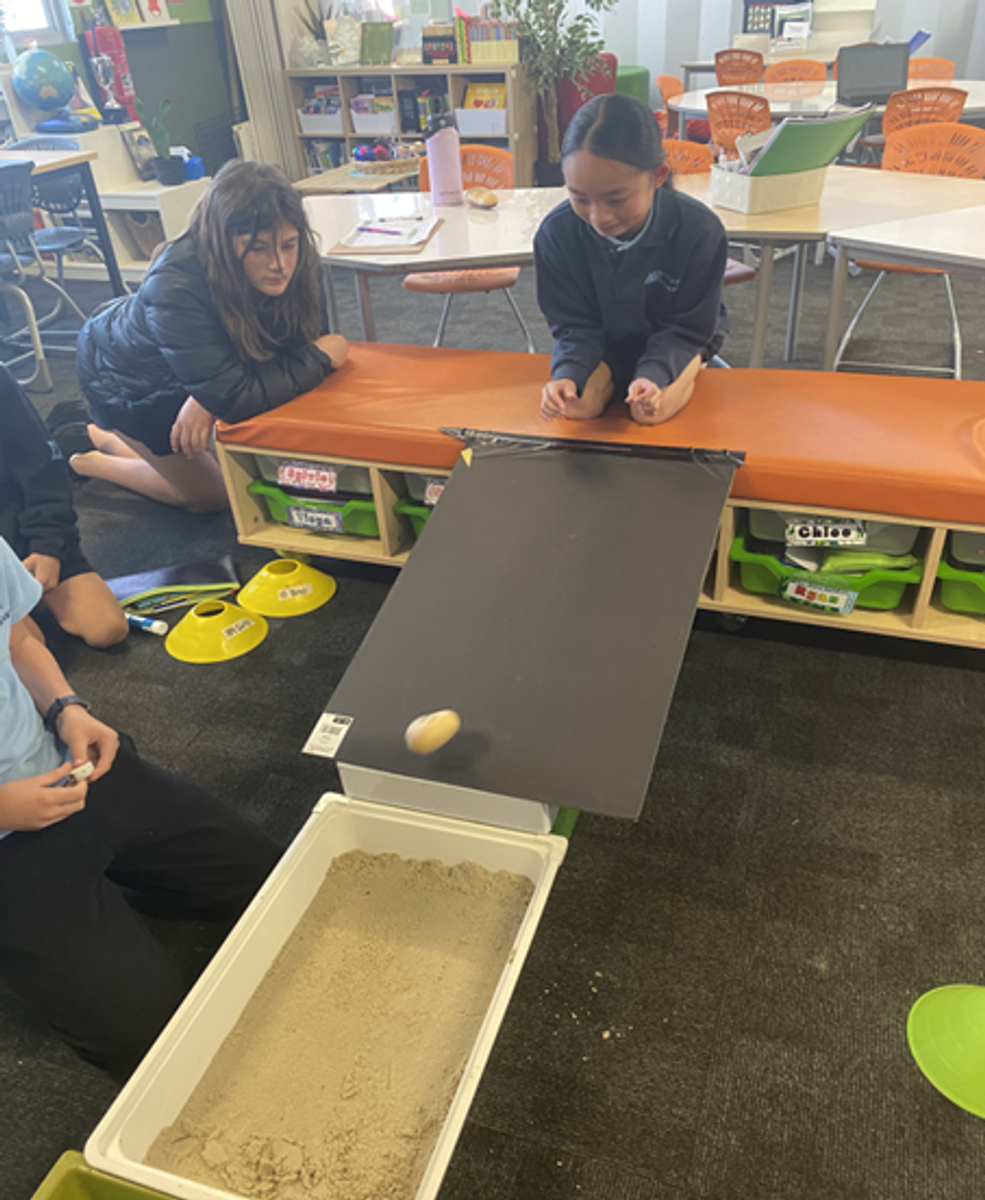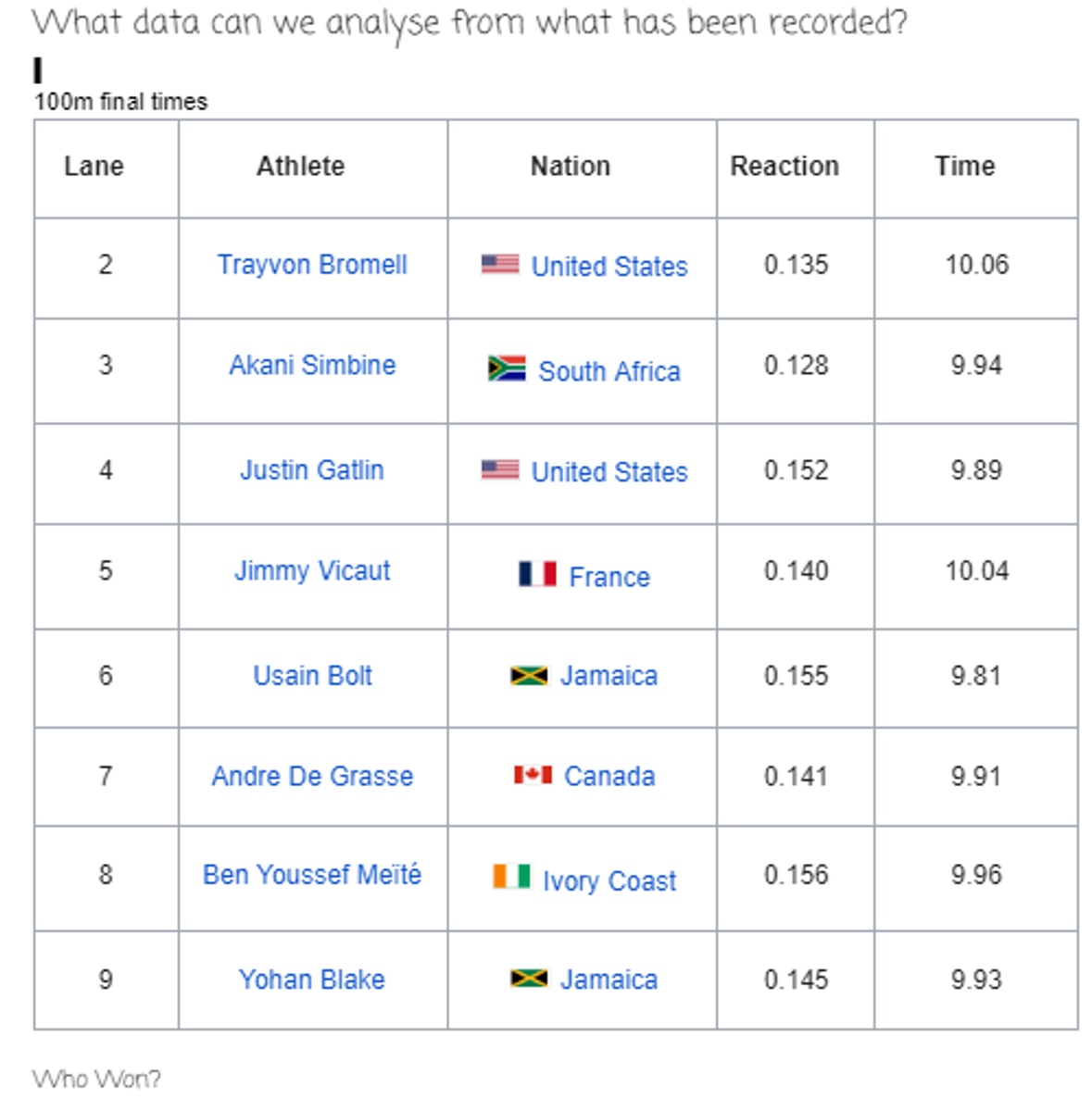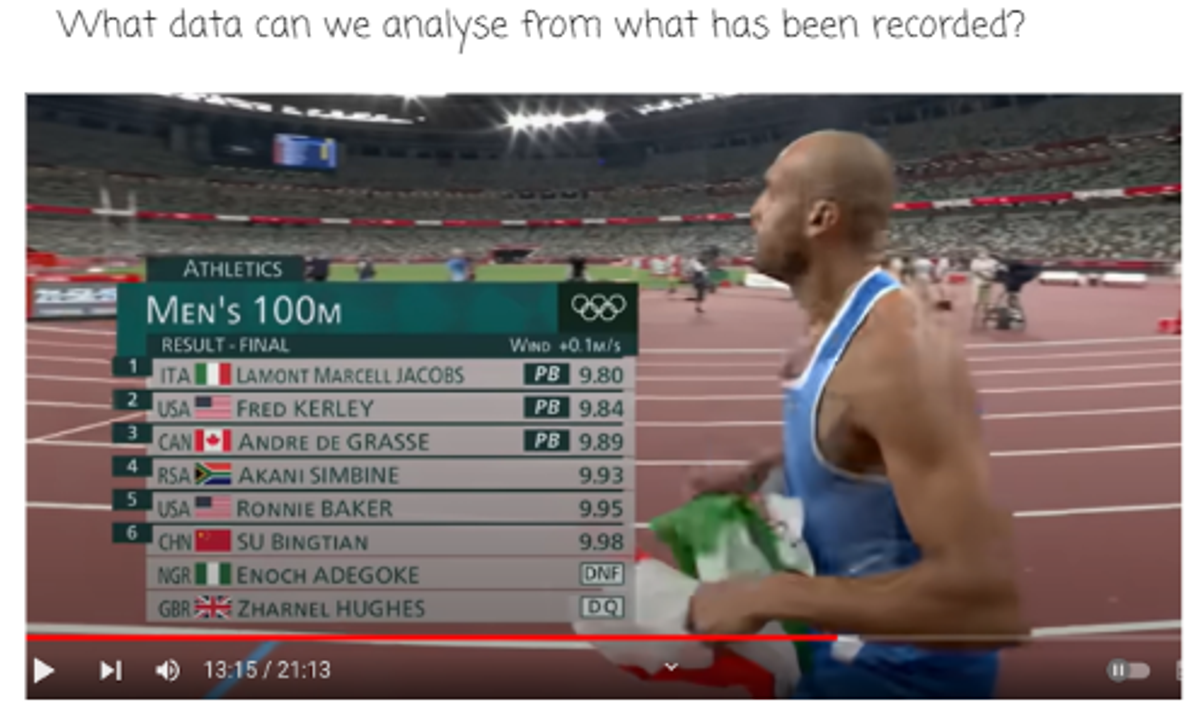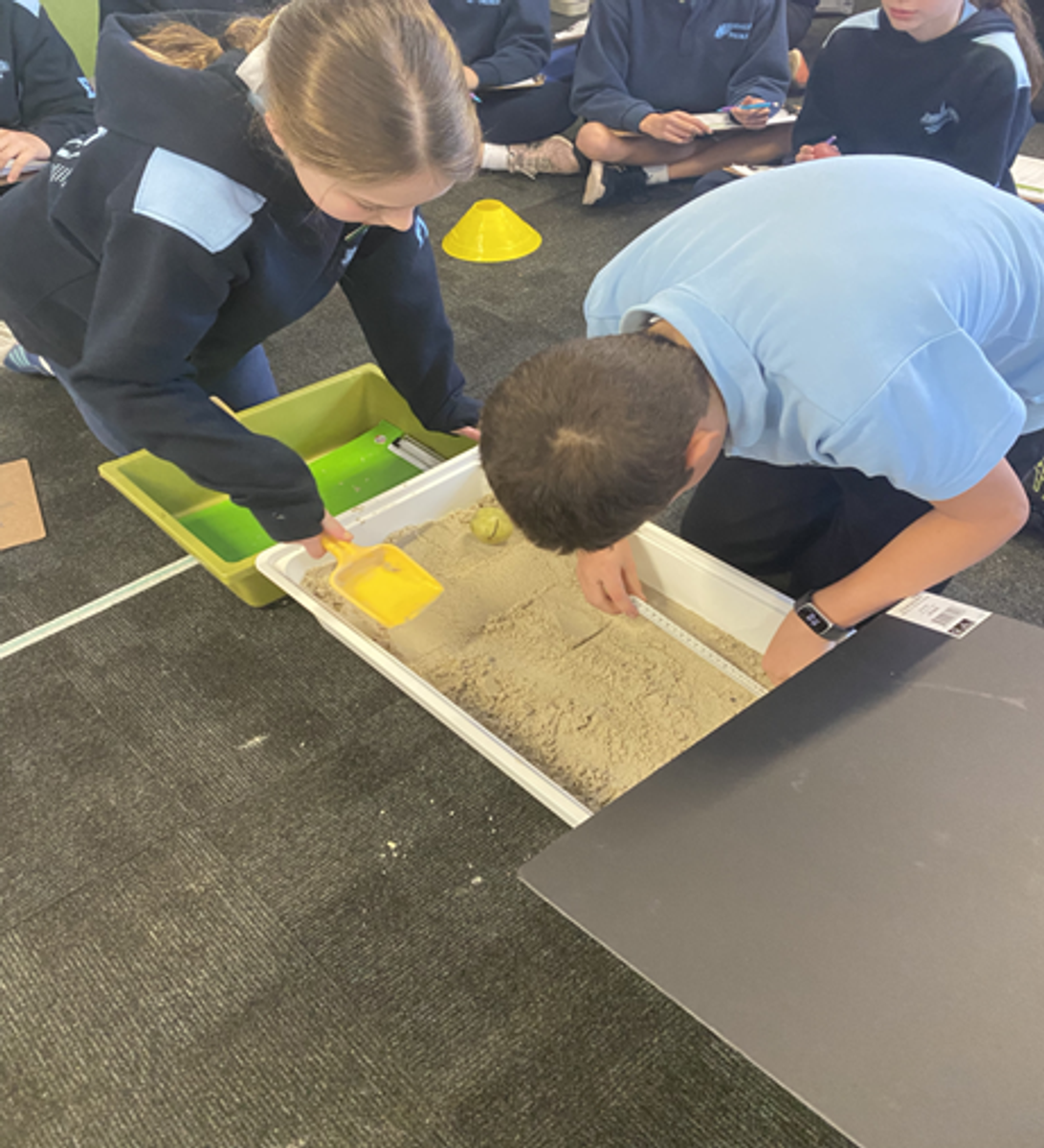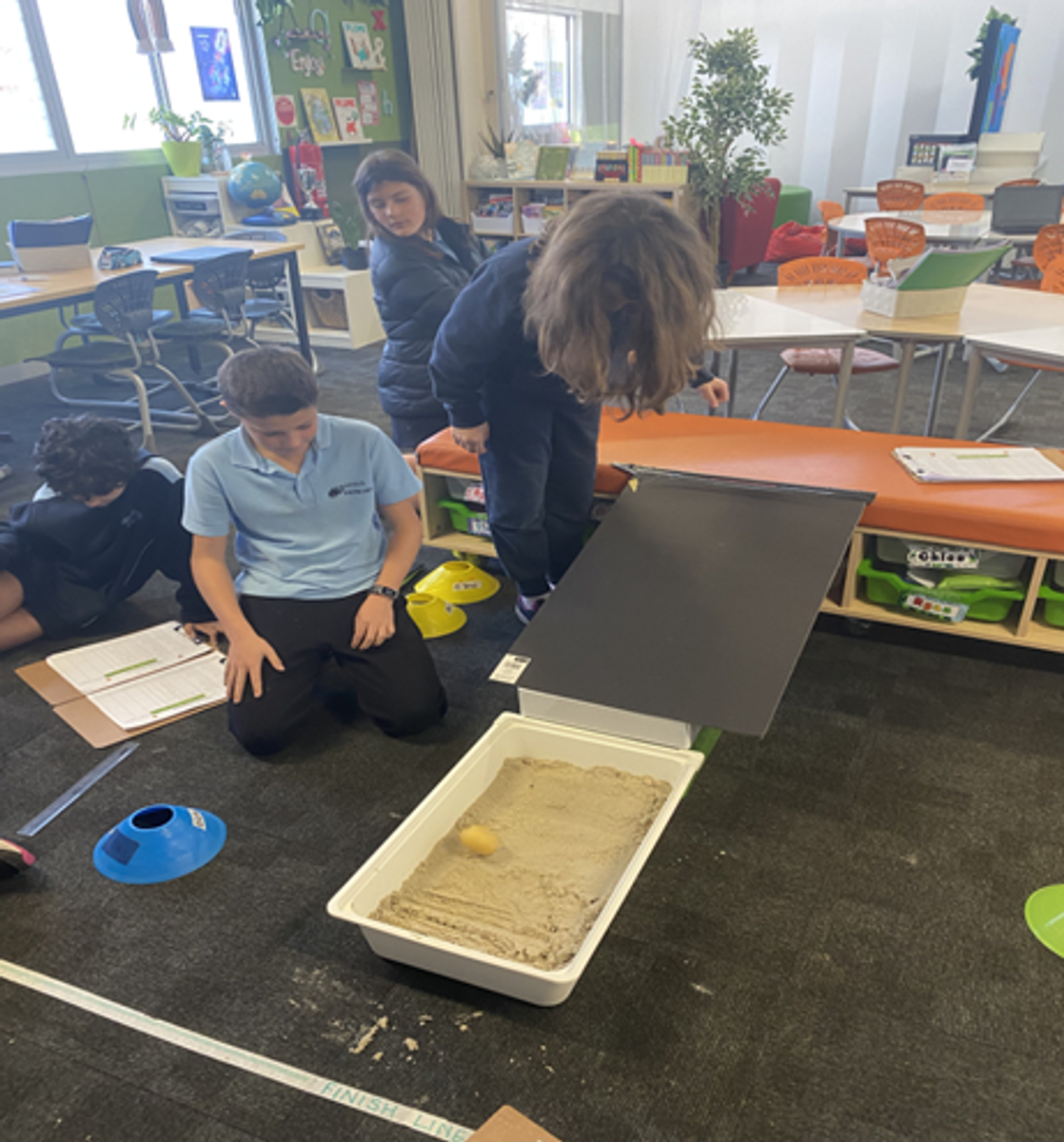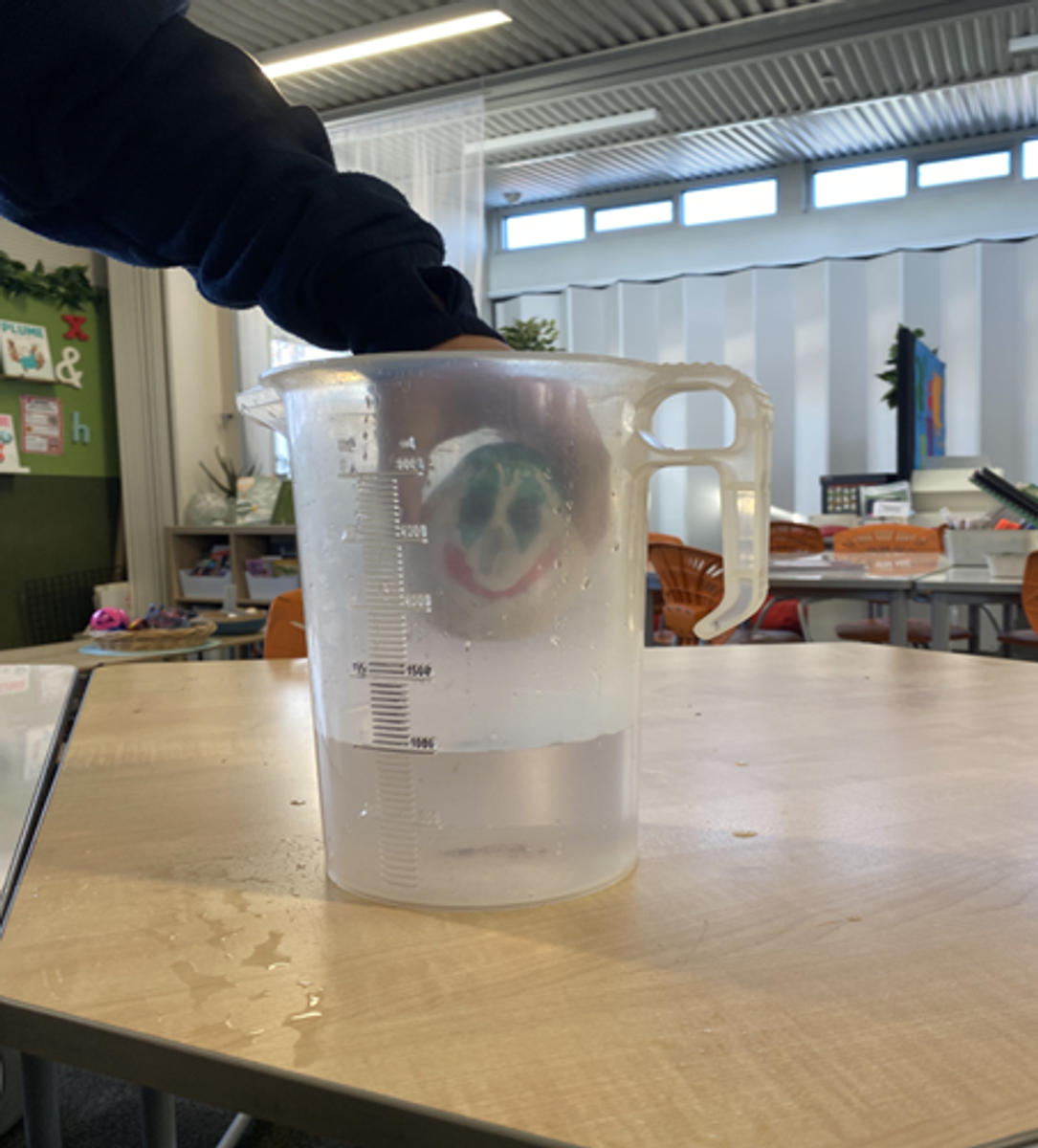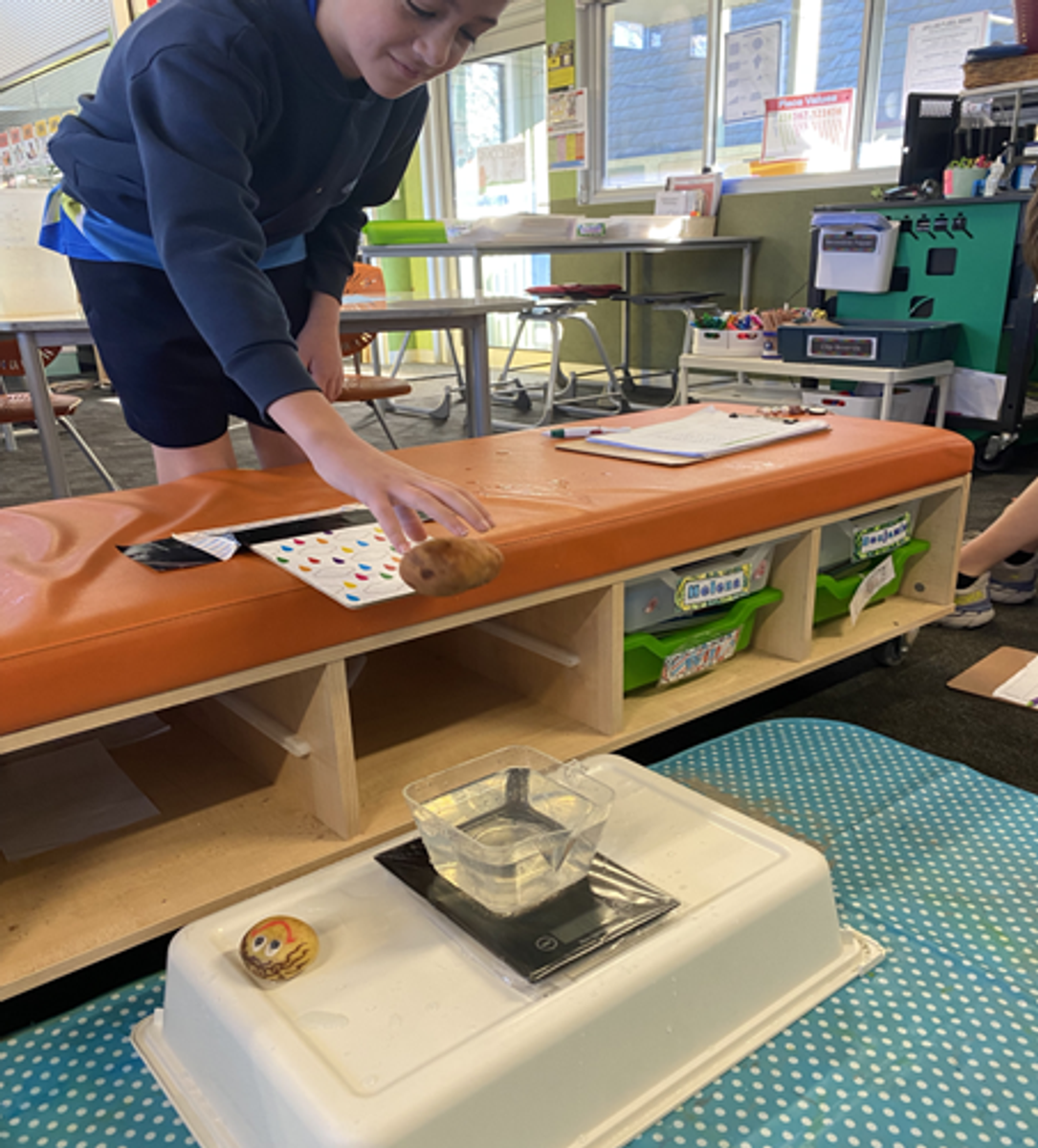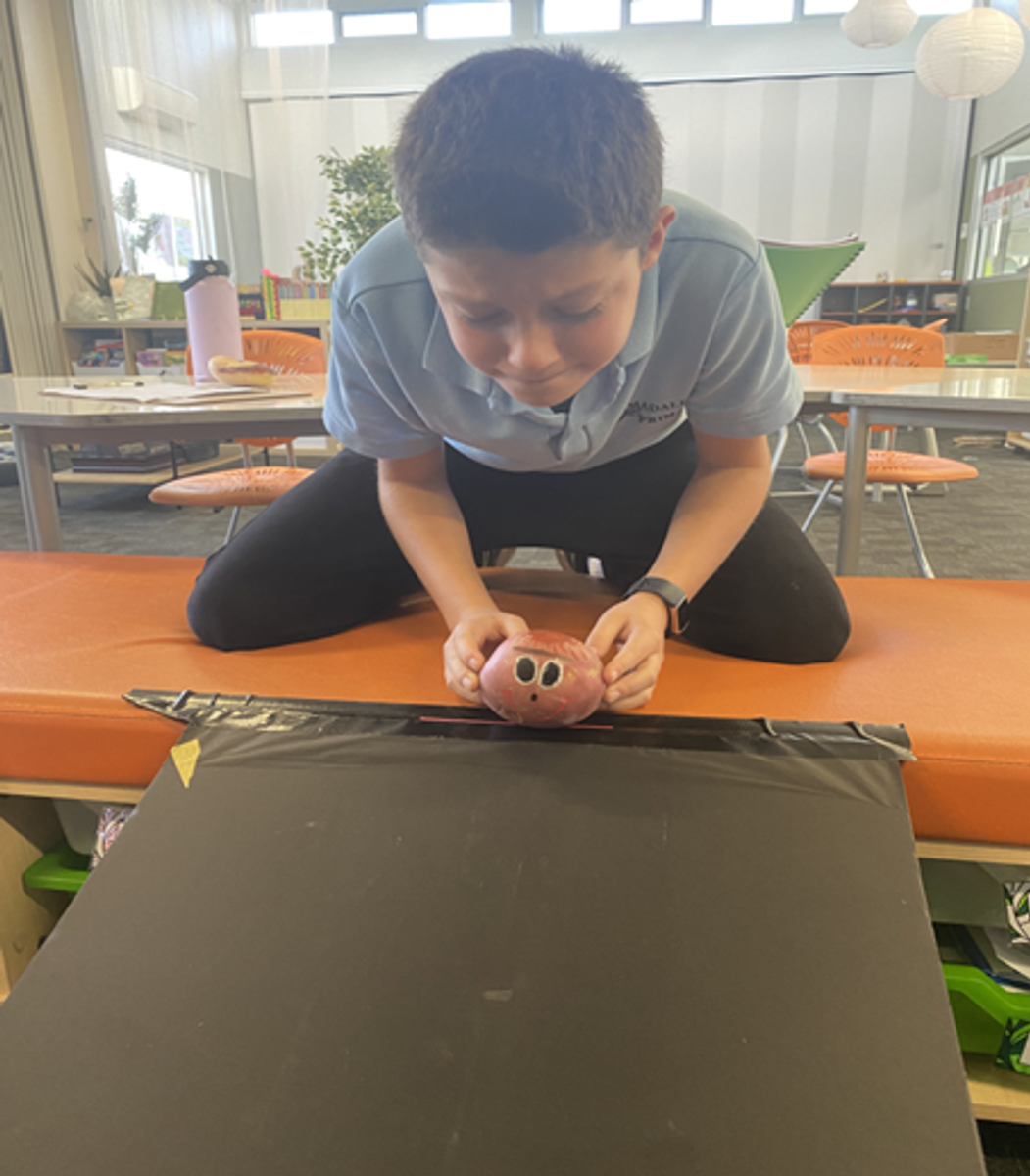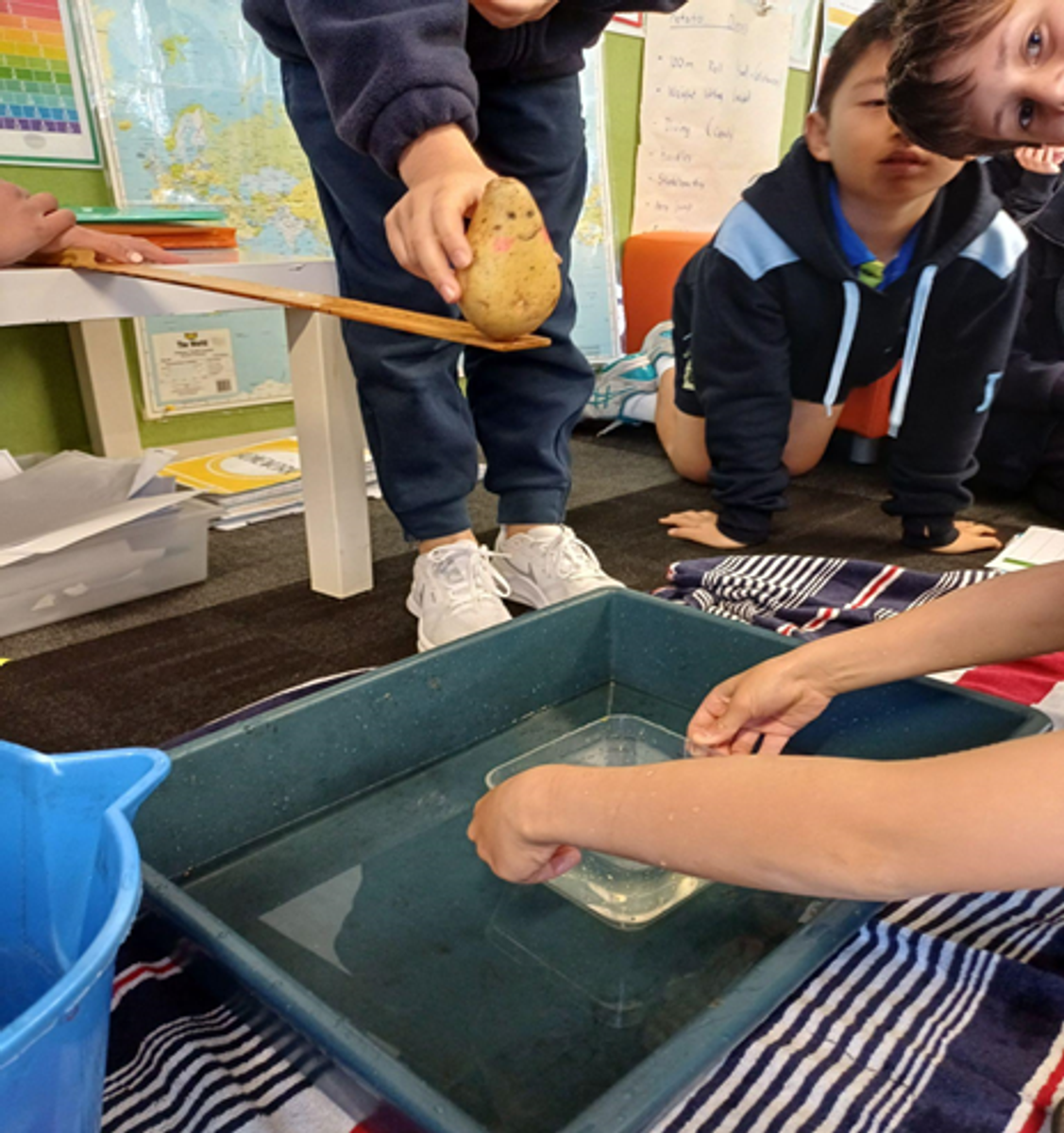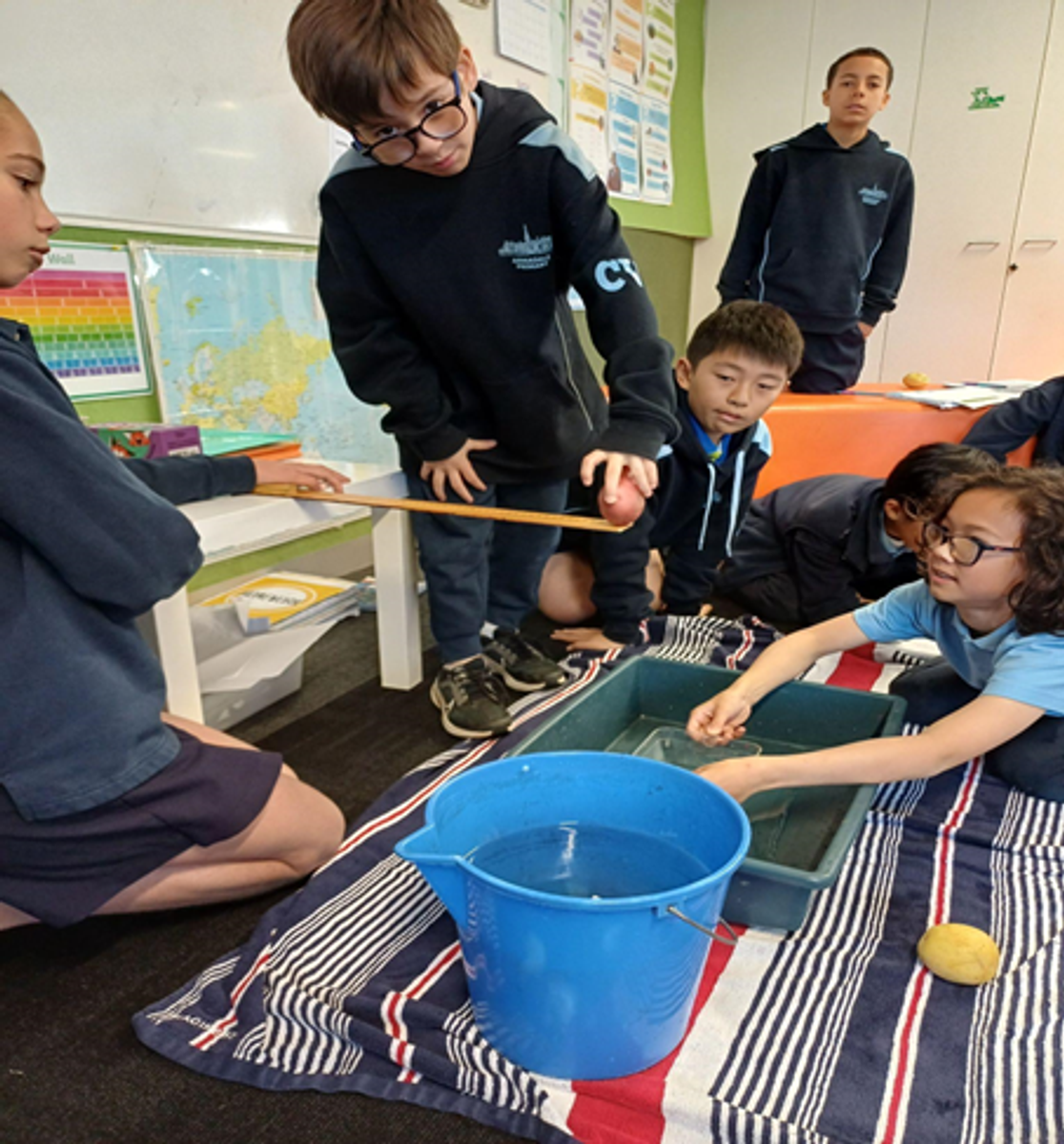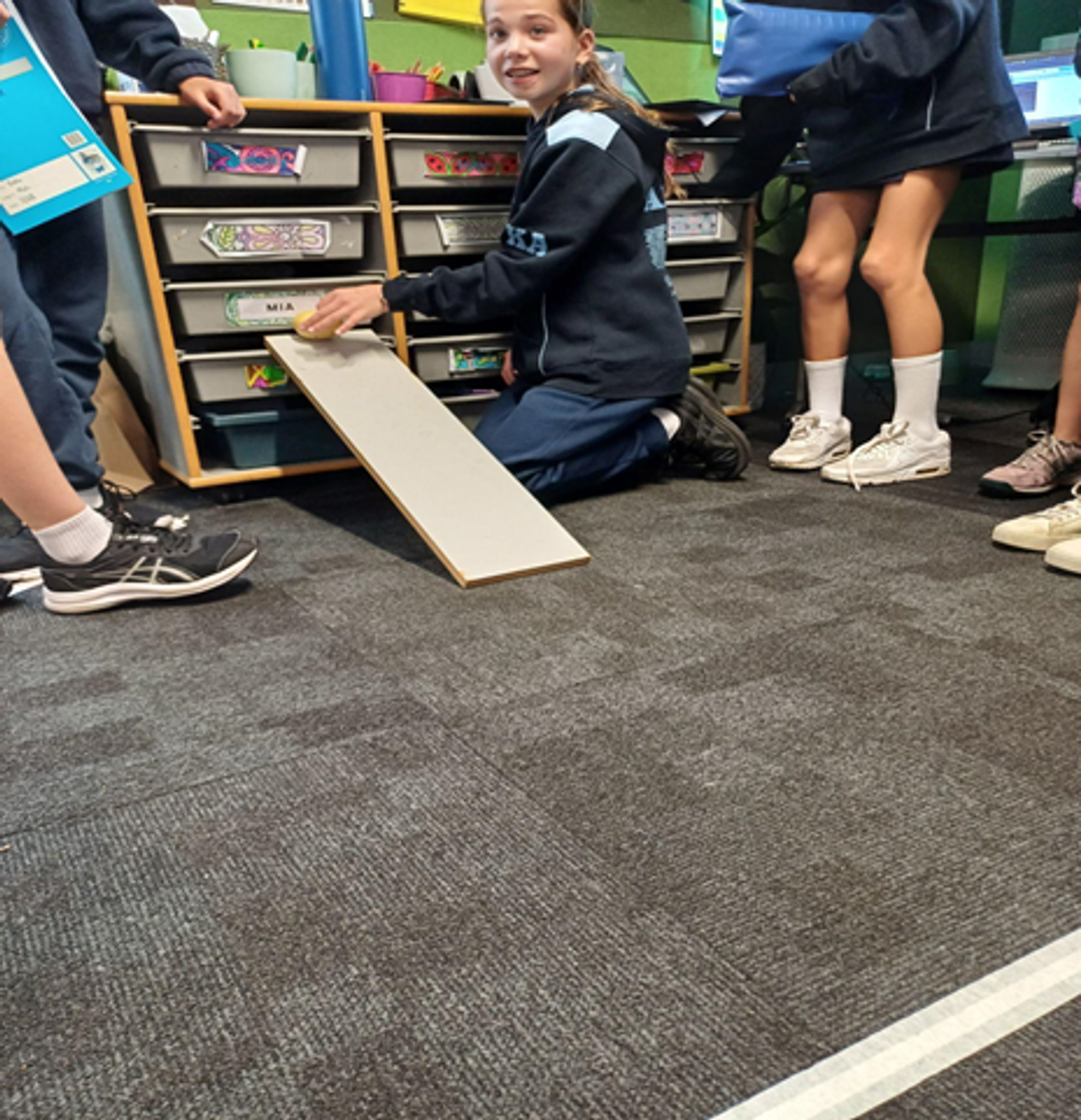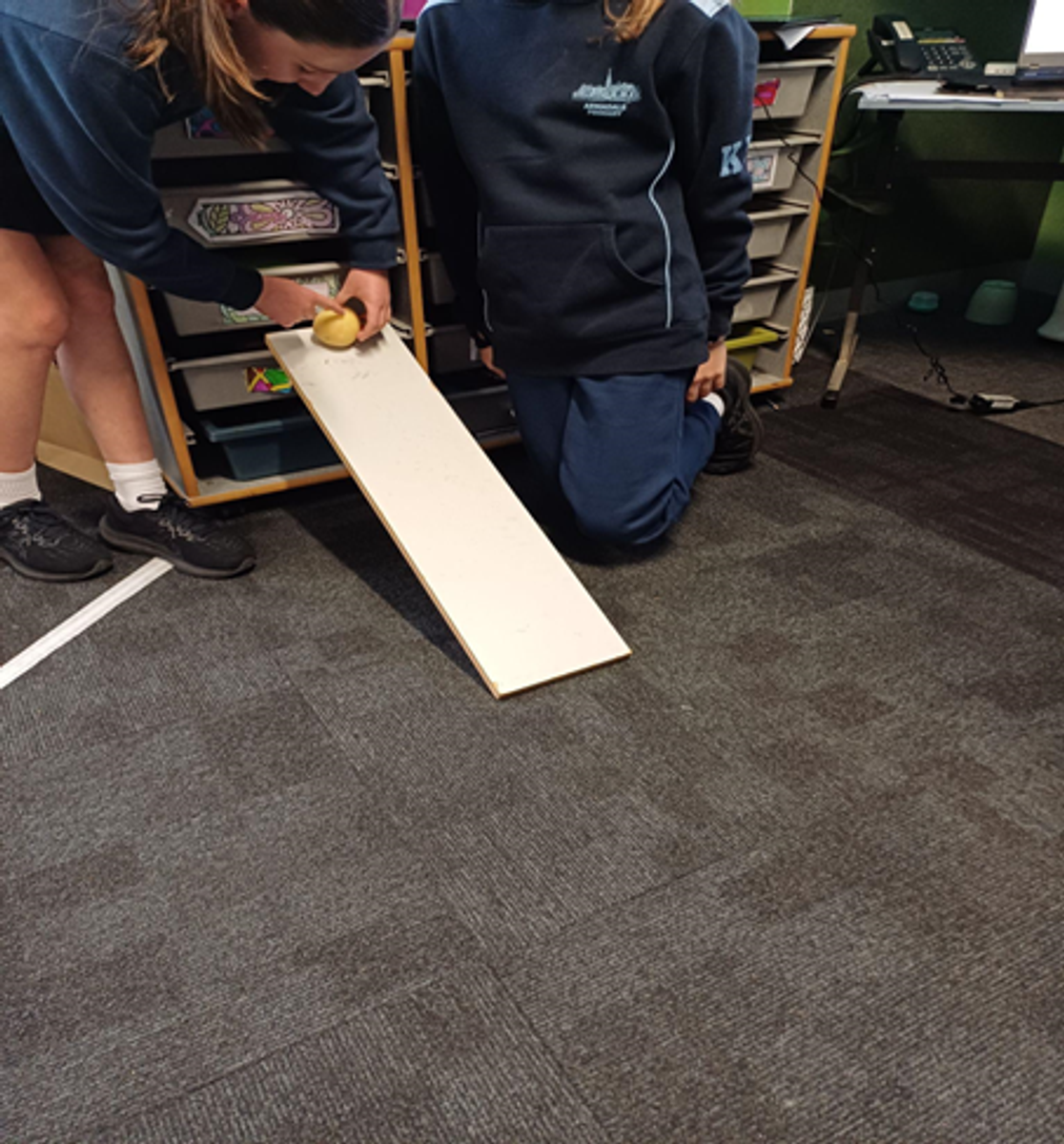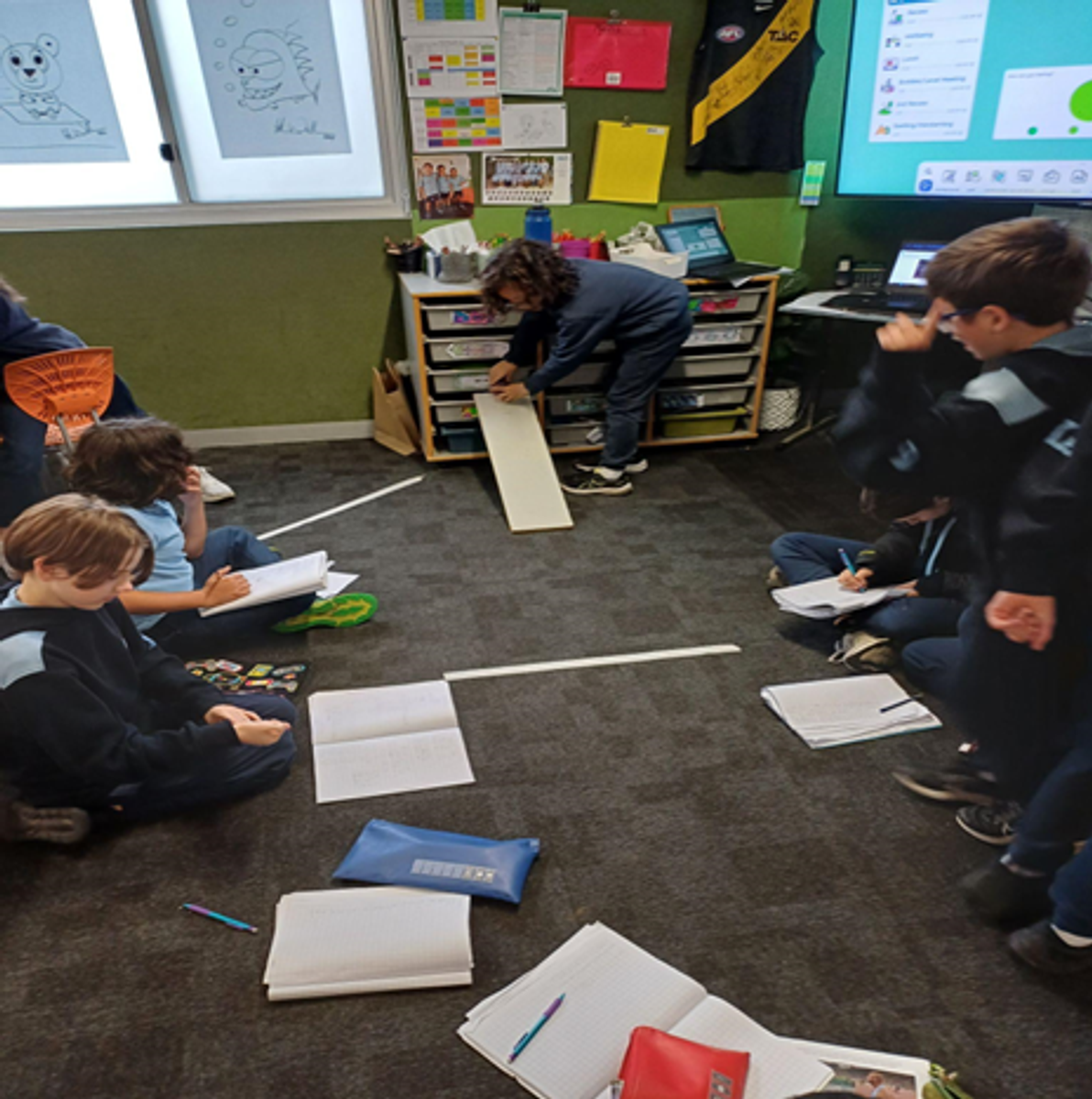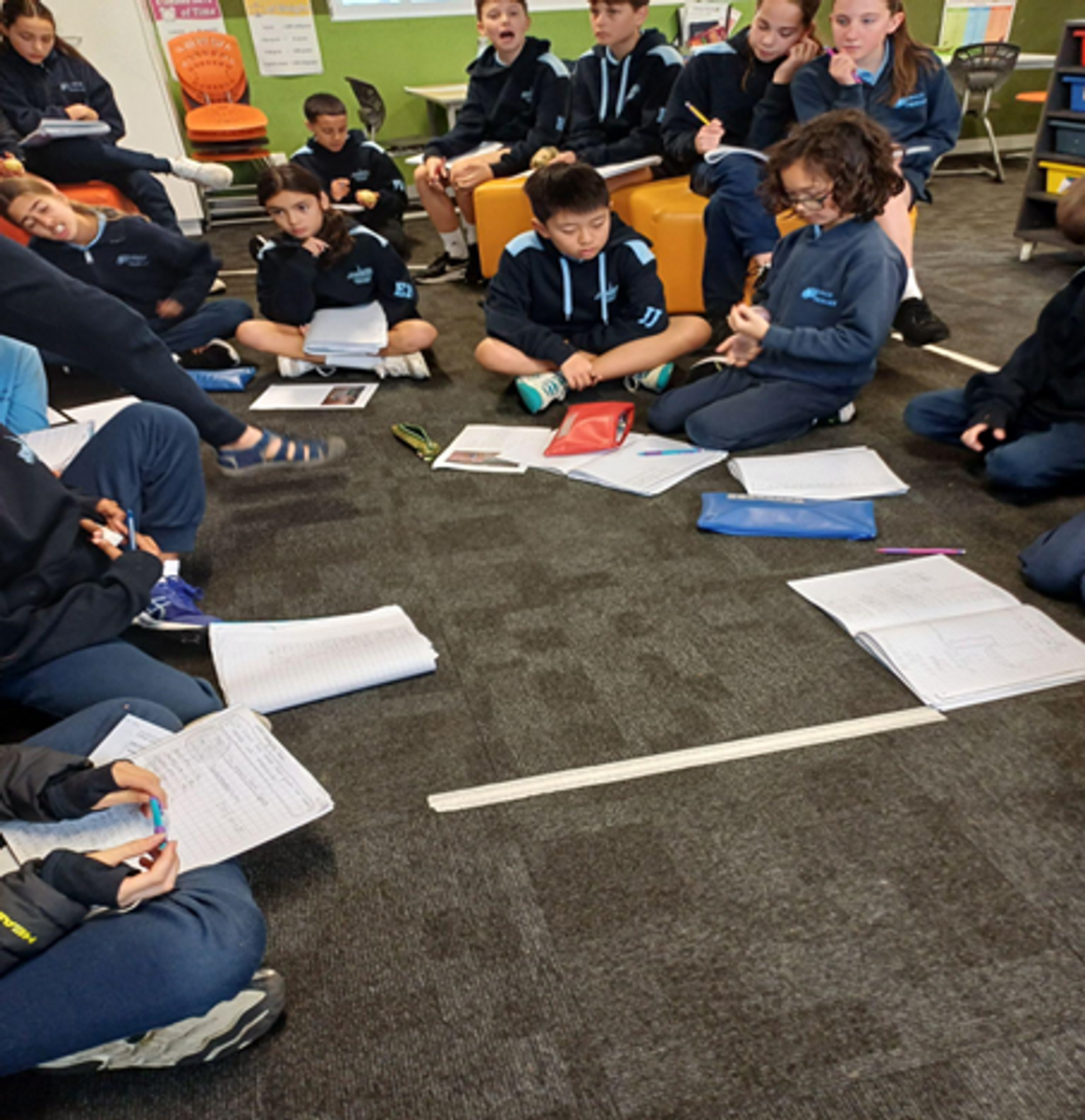Year 5/6 Bulletin
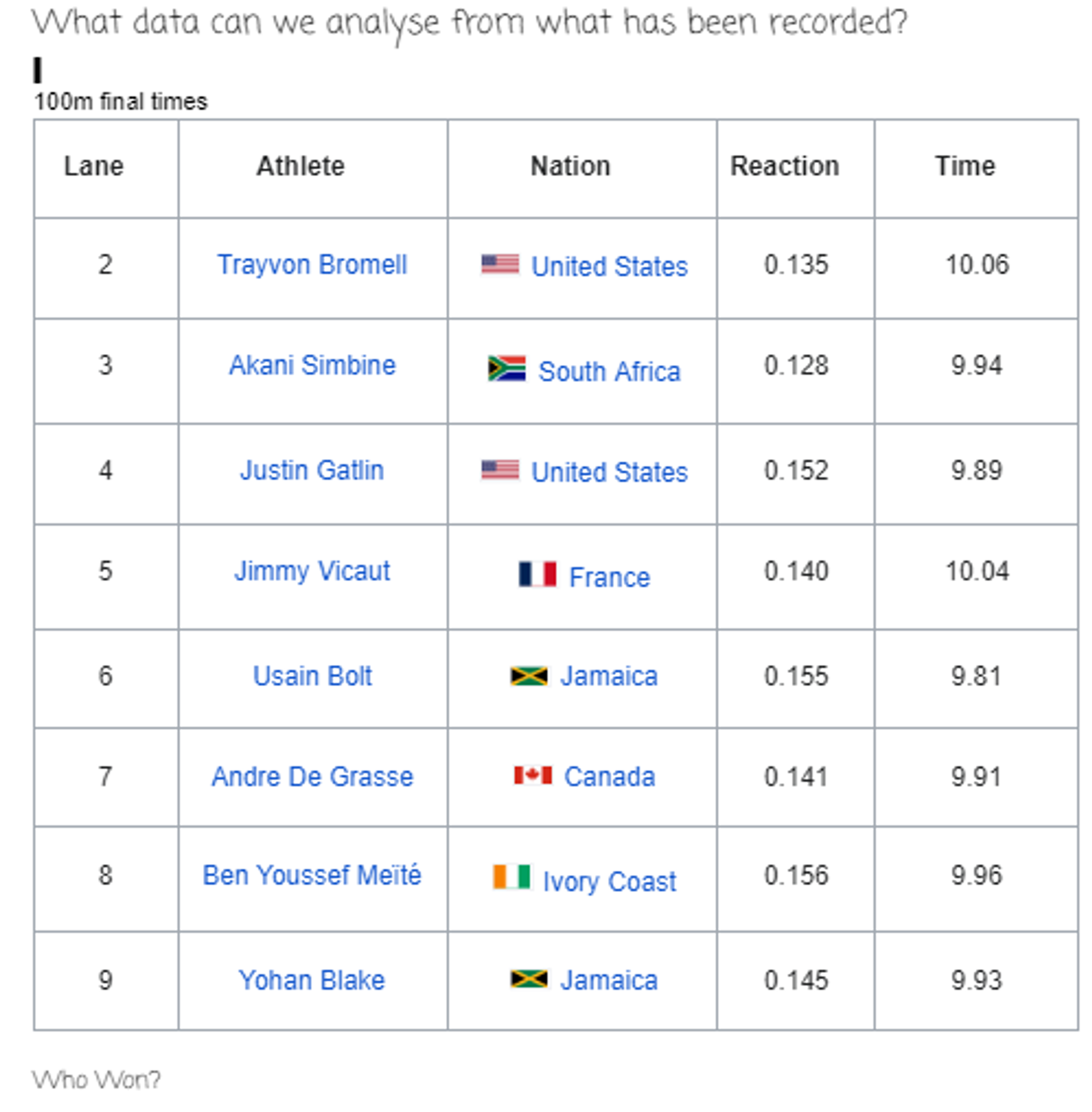
Maths - Units of measurement
POTATO OLYMPICS!
In this unit, we explored the concepts of time, distance, and capacity using various units of measurement. For time, students learned to measure and convert seconds, tenths of a second, hundredths of a second, and minutes and practised calculating elapsed time. In terms of distance, the students used millimetres (mm), centimetres (cm), and metres (m) to measure and convert lengths and units of measurements. Capacity was explored through units such as millilitres (mL) and litres (L), with hands-on activities involving measuring and estimating the volume and capacity of our potato olympians.
Learning intention:
To record and collect data from an event in seconds, tenths of a second, and hundredths of a second.
Learning experience overview:
Launch:
Tokyo Olympics 100m final
- Before watching the race and only listening to the runner's statistics, students were asked, “Who do you think will win the event and why?”
- After watching the video students discussed their reasoning and also variables that can impact an athlete's time- injury, reaction time/disqualification.
- Students were then given two timesheets to evaluate and analyse.
- Discussions were had about what data can be analysed from what has been given to us (difference fastest to slowest, average time, how fast is 0.16 of a second? etc).
Main Activity:
- The ramp was set up on an angle that enabled the potato to pick up enough momentum to make it over the finish line.
- Students let go of their potato (without pushing it)
- Time was taken from release point to when the potato crossed the line
- All students recorded the results of each potato athlete
- Data was able to be evaluated and we were able to rank each athlete from fastest to slowest using seconds, tenths of a second, and hundreths of a second.
Conclusion:
- Discussion of strategies that helped the athlete perform better
- Was there a pattern? (size, weight, shape, upright/side roll)
- How might the angle influence the speed?
Reflections:
The Potato Olympics unit was a fun and engaging way to teach our students about units of measurement. Through hands-on activities and friendly competition, we not only further developed our mathematical skills but also enjoyed a memorable and interactive learning experience. By the end of the unit, students have developed a deeper understanding of time, length, and weight measurements and how to apply them in real-world scenarios.
The Olympic events that we participated in were the ‘weight off’, ‘100cm sprint’, ‘long jump’, and ‘diving’. Many of the athletes and coaches employed different strategies to try to achieve the best possible result for themselves and their country!
Following on from the Potato Olympics, we retrieved enough data for our students to now assess, evaluate and implement their findings in the lessons to come.
What can you do now to continue learning at home from this experience?
Try the Potato Olympics at home for a fun, educational activity with your children! Start by setting up simple events like potato races, jumps, and catapult launches using household items to measure and time. Assign roles such as timer, measurer, and competitor to ensure everyone participates. Use a stopwatch to record times and a ruler to measure distances, encouraging your children to write down the results. After each event, compare results, celebrate the winners, and discuss what was learned about measurement and accuracy. Have a "spud-tacular" time together, but don’t get too competitive!
Some action shots from ‘5/6 Potato Olympics 2024’:
Jenny, and Brad
Year 5/6 Team

